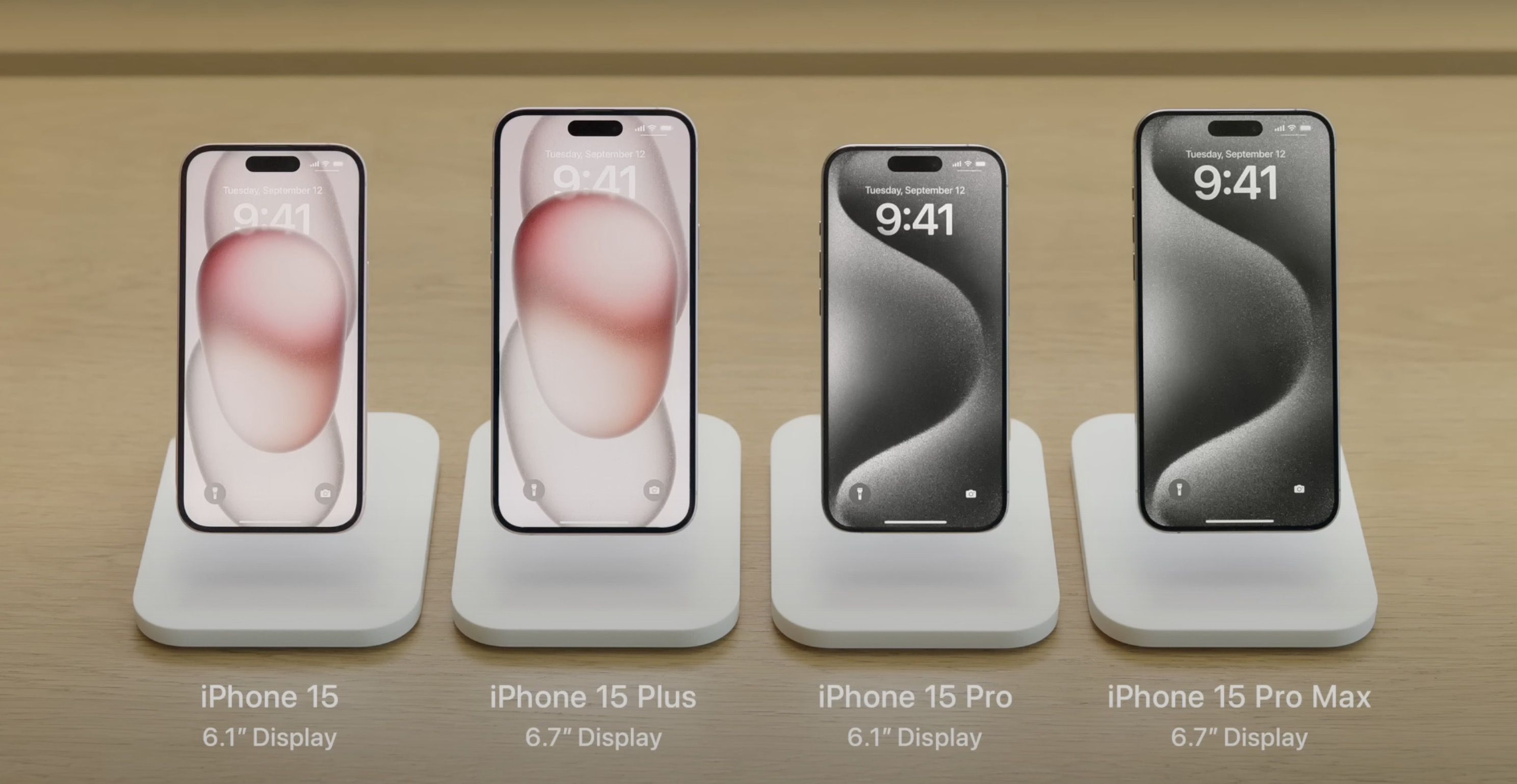You forgot to mention that the iPhone 15 lineup weighs significantly lighter than the iPhone 14 lineup while being slightly smaller in volume at the same battery life.
Apple could have maintained the previous weight and volume and provide for more battery life.
Personally I'd prefer more battery life approaching that of a 2000 Nokia 3310 at
- same weight & volume as iPhone 14 lineup
- A17 Pro's current improved performance per watt
- A17 Pro's current improved raw performance
- A17 Pro's current improved power consumption
A contributing factor to 2014 iPhone 6 & 6 Plus'
Bendgate was the design focus on thinner and lighter devices.


